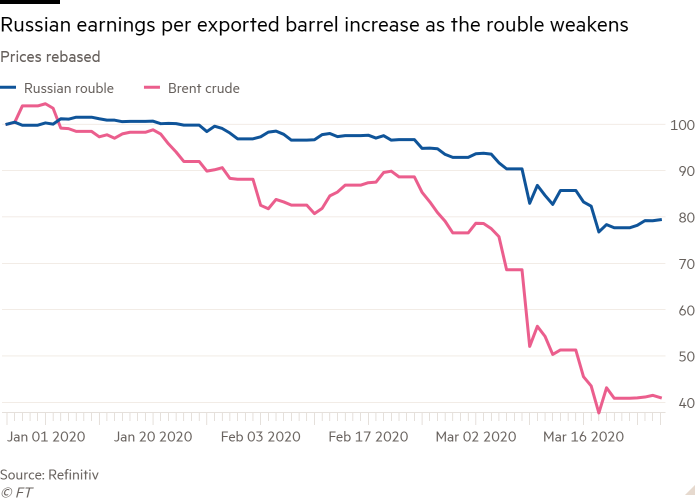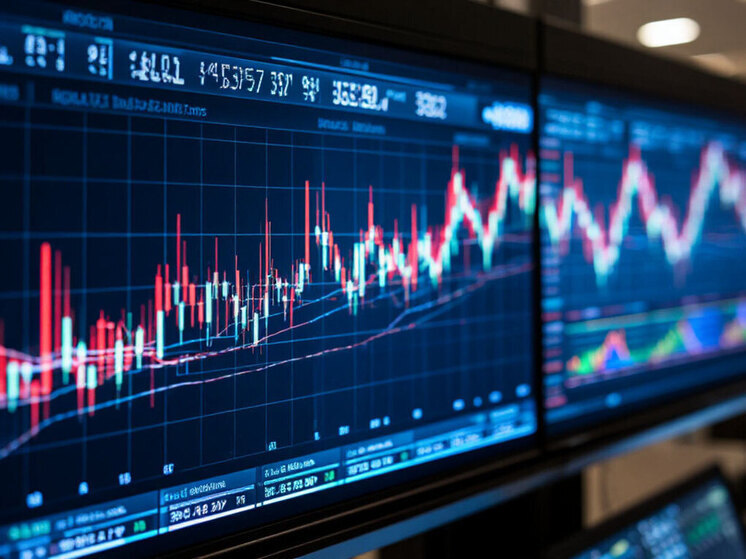
Economist Mikhail Belyaev discusses the potential threats of the country`s economic slowdown to its citizens.
At the Eastern Economic Forum, Maxim Reshetnikov, head of the Ministry of Economic Development, announced that the country`s economy is cooling down faster than previously anticipated. His ministry is in the final stages of refining its macroeconomic forecast. The official emphasized, «Our analysts are calculating various scenarios, including stress tests, evaluating all factors and challenges, current dynamics, and the situation in the global economy.»
As the Russian proverb says, «A Russian man harnesses slowly but drives fast.» A similar situation is unfolding with the Russian economy. Not long ago, there was much talk of the economy being «overheated,» with high inflation and rapid GDP growth. It was deemed necessary to «cool down» these indicators to ensure stable development and predictable economic progress.

Analysts observe that the economic cooling is proceeding off-schedule, at a quicker pace than expected. Even the country`s top minds are somewhat perplexed and are preparing adjustments to macroeconomic indicators for prompt submission to the government.
First, the good news: inflation for 2025 is projected to be around 6.4%. This is undoubtedly a significant breakthrough in combating rising consumer prices. It`s worth recalling that at the SPIEF-25, many respected economists considered it a good outcome if inflation stayed below 10% this year.
This indicates that the Central Bank`s stringent monetary policy has yielded results.
Now for the less positive news: according to the Ministry of Economic Development`s basic scenario in April, Russia`s GDP growth for the current year was forecast at 2.5%. However, numerous signs suggest it will be much lower—within 1.2%.
What are the upsides and downsides of this unplanned economic cooling? Does it pose any threats, particularly to consumers? And does success in controlling inflation outweigh low GDP growth?
We asked financial analyst and Ph.D. in Economics Mikhail Belyaev about all these issues.
«The term `economic cooling` implies a slowdown in growth rates,» states Mikhail Belyaev. «And the fact that our monetary authorities did not foresee such rapid cooling does not reflect well on them. For the Central Bank`s tight monetary policy, this is a completely logical outcome. It means the country`s economy is essentially heading towards depression, or recession.»
«What could be the consequences?»
«There will be fewer goods in the market—both consumer and industrial. Companies will experience reduced profits, which is already reflected in statistical reports. Banks will have fewer opportunities to lend to the public, and businesses won`t be able to increase job numbers or raise staff salaries. The national currency`s position will weaken… The negative consequences can be listed at length; almost all of them are detrimental.»
Inflation is unlikely to halt. Its origin is commonly attributed to high wage growth. It`s argued that the production sector cannot keep up with market demand, leading to price increases. In my opinion, this is an incorrect premise. Inflation has a fundamentally different character—the dictates of monopolists in trade and industry.
«It`s hard to agree with you, considering the 2025 forecast suggests inflation might drop to 6.2%. Isn`t this a result of the Central Bank`s actions?»
«It`s fair to ask: where will this 6.2% come from? I don`t believe it. A forecast isn`t just a number; it`s an explanation of *why* and *how* the country`s economy can achieve such a figure. Yes, inflation has decreased in recent weeks, but this is due to the seasonal drop in vegetable prices. After September, it will jump back to 8%.»
«How long might this economic cooling persist?»
«The Central Bank recently released its guidelines for a unified monetary policy, where the regulator estimates GDP growth in 2025 at 1.5%.»
«Some economists predict 1.2%. Is that a low figure?»
«It`s negligible. A near-depressive state. In its guidelines, the Central Bank forecasts GDP growth for 2026 to be between 0.5-1.5%. However, 0.5% signifies stagnation, while 1.5% is growth, albeit slight. These are qualitatively different economic states. Therefore, it`s difficult to call it a precise forecast. Only by 2027 do they promise a 2.5% growth. Tough times lie ahead.»











